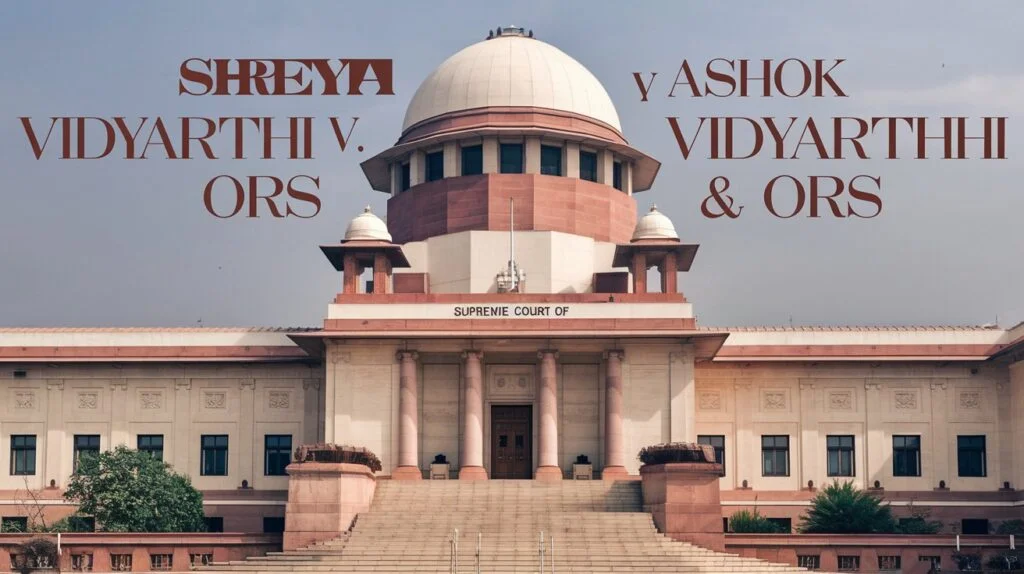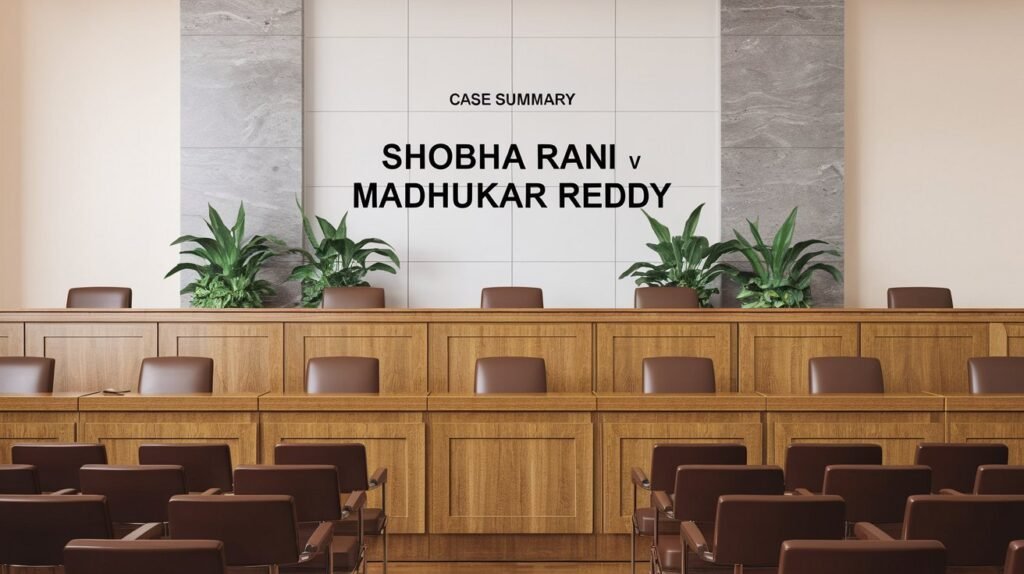This case, decided by the Supreme Court of India, centered around a dispute over the ownership and nature of a...
Read MoreShayara Bano v. Union of India AIR 2017 SC 4609 (Case Summary)

This landmark judgment by the Supreme Court of India declared the practice of instant triple talaq (talaq-e-biddat) unconstitutional. The decision marked a significant step forward in protecting the rights of Muslim women and ensuring gender equality within the framework of personal laws. The ruling was a milestone in the movement for gender justice in India.
Table of Contents
ToggleFacts of Shayara Bano v. Union of India
- Shayara Bano, a Muslim woman, challenged the constitutionality of the practice of triple talaq after her husband divorced her by pronouncing “talaq” three times in one sitting.
- She argued that the practice of instant triple talaq was arbitrary, discriminatory, and violated her fundamental rights under the Indian Constitution.
- The case questioned the validity of the practice under Muslim personal law and its compatibility with constitutional principles.
Issues framed
- Whether the practice of instant triple talaq (talaq-e-biddat) is unconstitutional and violates the fundamental rights guaranteed under Articles 14 (Right to Equality), 15 (Prohibition of Discrimination), and 21 (Right to Life and Personal Liberty) of the Indian Constitution?
- Whether the practice of triple talaq is an essential part of Islam and protected under Article 25 (Right to Freedom of Religion)?
Judgment of Shayara Bano v. Union of India
The Court examined the principles of constitutional morality, gender justice, and the limits of religious freedom under Article 25.
The Supreme Court, in a 3:2 majority judgement, held that the practice of instant triple talaq is unconstitutional as it is arbitrary and violates the right to equality. The majority opinion also held that the practice does not qualify as an essential part of Islamic practice and, therefore, is not protected under Article 25 i.e. right to freedom of religion.
The Supreme Court declared the practice of instant triple talaq as unconstitutional, stating that it violates fundamental rights. The judgement stated, “It is our constitutional duty to declare that talaq-e-biddat, being manifestly arbitrary, is unconstitutional” (Para 395). This decision marked a significant advancement in protecting the rights and dignity of Muslim women.





